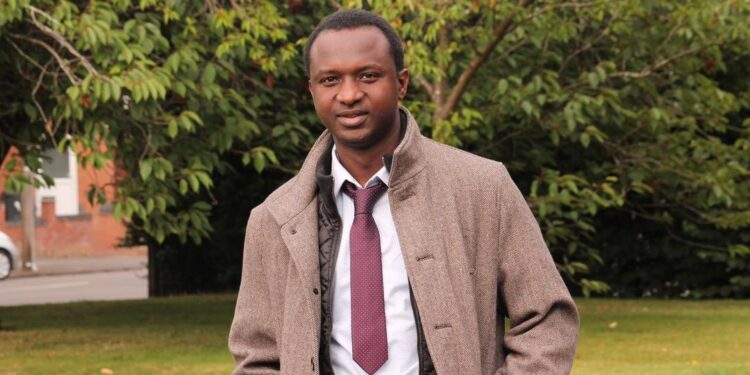Borderless Tek has introduced the Kids Coding Partnership, a grassroots tech education program aimed at providing underprivileged school children with essential coding and software development skills.
The founder of Borderless Tek, Wale Atekoja emphasised that this initiative is more than just a corporate social responsibility (CSR) effort; it is a thoughtful response to the growing digital divide that continues to marginalise low-income Nigerian children from the global technology revolution.
“We have been teaching Black kids in Europe how to code, but what about those back home? We are not targeting the privileged; we are focusing on the forgotten; those children who have never even touched a laptop,” he stated.
Atekoja announced that the first three-month cohort of the program is set to begin in September 2025, targeting public Junior and Senior Secondary School students in low-income areas across Lagos.
The curriculum will cover practical and hands-on learning, ranging from basic programming to animation, mobile app creation, and problem-solving.
The initiative is backed by strategic partners, including Yesding (education facilitation), Proline (internet infrastructure), and Akowe App, a credential verification startup that will ensure that every certificate earned is both digitally secure and internationally recognized.
A representative from Akowe, Olamide Busari remarked, “this is how we break cycles of exclusion. These children will leave with new skills and verifiable certificates that can open doors for them.” He added that the credibility of these certificates will assist students in qualifying for advanced training, internships, or scholarships, emphasizing that the goal is to create a real-world impact, not just provide inspiration.
The classrooms, which will be established in schools and libraries, are being equipped with digital infrastructure through partnerships with local governments and community stakeholders.
Earlier pilot classes conducted this year have already shown significant success, with students who had never used a laptop managing to create mobile apps and animations in just a few weeks.
Atekoja called on corporate entities, public servants, and NGOs to support the initiative by donating laptops, sponsoring training centers, or mentoring the children.
He concluded, “in a country where millions of young people risk being left behind in the tech-driven global economy, the Kids Coding Partnership is more than just a program; it is a necessary human intervention.”





